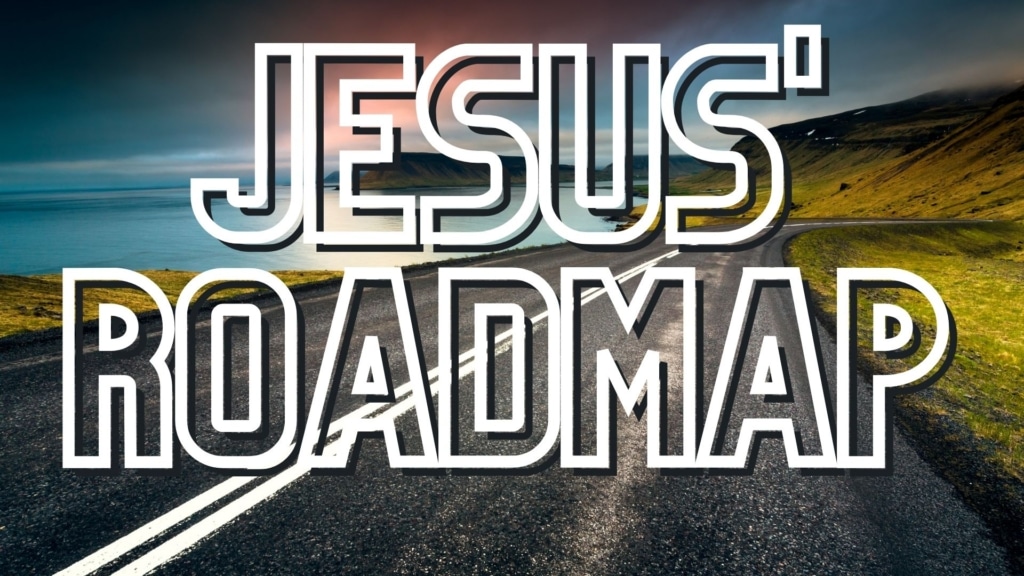This series of short lessons attempts to detail Jesus’ Roadmap for the Future. It starts with the last lessons Jesus gave the disciples on the Mount of Olives, and ends with teachings from the Apostle Paul about the Rapture.
As an introduction, the Olivet Discourse was aimed at the consequences of Israel’s rejection of Jesus as Messiah, and anticipated the destruction of the nation (70 A.D.) and the final Tribulation period. Remember that the Church Age is an intercalation—meaning an insertion, like a parenthesis, into the Age of Israel. This means that with the Rapture of the Church, the Tribulation picks up where 70 A.D. leaves off. This is why the Church Age is called a “mystery” (Rom. 11:25; 16:25; Eph. 3:1–13; Col. 1:26–27), which is a graduate course to “the principalities and powers in the heavenly places” (Eph. 3:10).
The Olivet Discourse reveals the consequences of Israel’s rejection of her Messiah (compare Matt. 23:37–39 and Rom. 9:1–5; 10:1–4; 11:25). These consequences are defined by Paul as “wrath … to the uttermost” (1 Thess. 2:15–16).
The outline is actually given by Jesus Himself, by using certain key words as markers of the divisions. Perhaps the most obvious of these words is “Then,” a time-word indicating a sequence of events. We find this in Matt. 24:1, 9, 11, 16, 21, 23, 29, 40; 25:1, 7, 16, 24, 34, 37, 41, 44, 45. With the exception of its use in Matt. 24:1, where it connects Jesus’ departure from the Temple with the following discourse, in all the subsequent times, it is used specifically to refer to the Tribulation period followed by His Second Coming. It is worth quoting Mark, here, for the statement he includes:
“For in those days there will be tribulation, such as has not been since the beginning of the creation which God created until this time, nor ever shall be.” Mark 13:19
In Matthew 24, Jesus gives us an outline, speaking of “tribulation” (Matt. 24:9), followed by “the abomination of desolation” (Matt. 24:15, see Dan. 11:31; 12:11), which is then followed by “great tribulation” (Matt. 24:21) and, finally, “after the tribulation of those days” (Matt. 24:29) by the return of Christ to Earth (Matt. 24:30–31). Although both Mark 13 and Luke 21 include portions of this message, only Matthew gives us such a clear picture of the chain of events.
Gene Cunningham - May 23, 2000
Living Sacrifice 19
Scripture References: Matthew 5:16, Romans 2:1-29, Hebrews 5:1-10, Isaiah 6:8, Ephesians 5:2, Romans 12:1, Matthew 10:39, Matthew 28:19-20, Romans 12:1, Luke 15:9, Colossians 3:17-23, Romans 5:12



